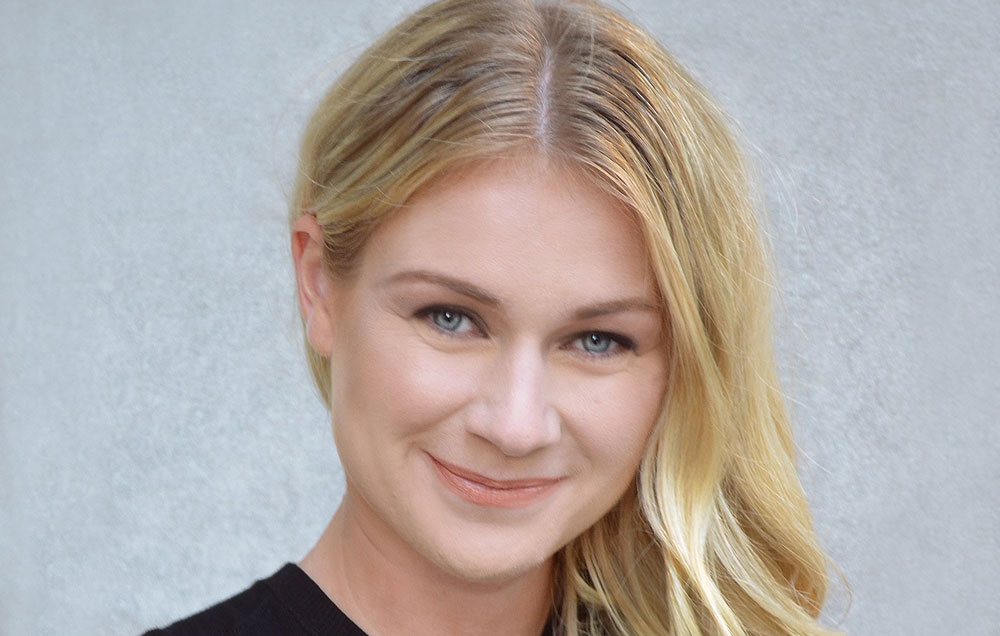
Sarah Pearson receives the prestigious NASA Hubble Fellowship
Former Niels Bohr Institute student, Sarah Pearson, has just been awarded one of the most prestigious research fellowships in astrophysics, the so-called Hubble Fellowship. The fellowship is awarded annually by NASA through a competitive selection process. This year they received 380 applications. The grant will be supporting her research on dark matter in galaxies in the nearby Universe.

A Hubble Fellowship is a research grant that can be brought to a number of universities in the United States and it is very sought after internationally as it provides incredible opportunities for independent research and international collaboration. Sarah Pearson has chosen to take her Hubble Fellowship to New York University, where she will research stellar streams in the nearby Universe to uncover the nature and behaviour of dark matter. Very few Danes have received this prestigious fellowship before. The last Danish Hubble Fellow was Klaus Pontoppidan in 2006, and Johan Samsing won the equivalently prestigious Einstein Fellowship in 2014.
Since my very first research experience at UC Santa Cruz in 2011 with Prof. Enrico Ramirez-Ruiz and Prof. Laura A. Lopez, it has been a dream of mine to receive the Hubble Fellowship - I'm beyond excited about this incredible opportunity..
Throughout her academic career, Sarah has studied the build up galaxies through the history of the Universe, and has used stellar streams to decode the distribution and behaviour of dark matter. Stellar streams form when a gravitationally bound ensemble of stars tidally tears apart, due to an underlying galactic potential. Most notably, Sarah showed how a particular stellar stream in the Milky Way, Palomar 5, is affected by the rapidly spinning Galactic bar in the center of our Galaxy. Similar signatures are expected in streams when dark matter clumps have a close passage, and her work therefore provided important clues on how to best search for dark matter in our own Galaxy. This result was published in Nature Astronomy in 2017.
In addition to research, Sarah is very passionate about outreach. She has developed the outreach program "Space with Sarah", where she answers the most frequently asked questions about space through short videos on YouTube, and she documents her life as a scientist on Instagram. For her research and outreach efforts, she won the Danish Women in Physics Prize in 2017.
